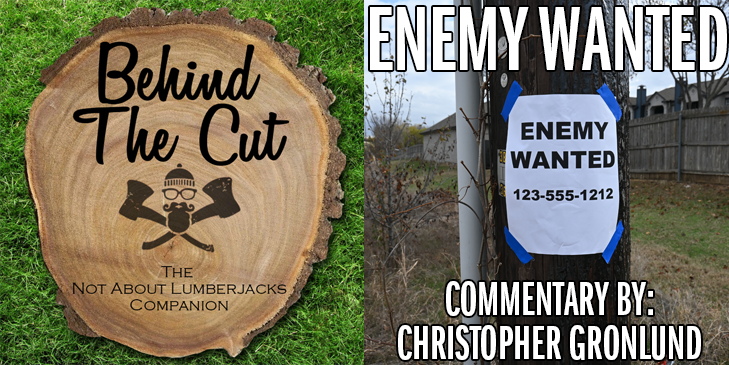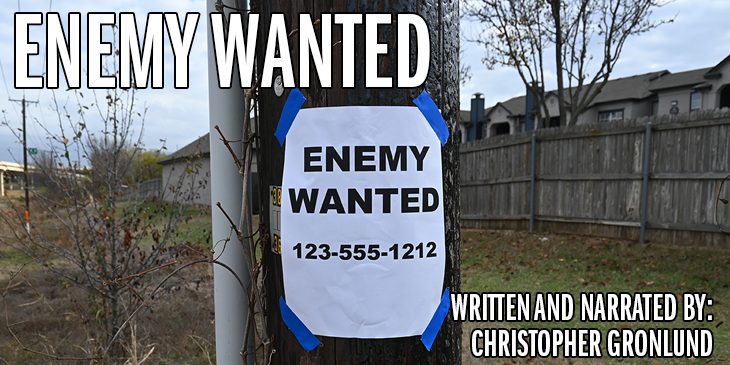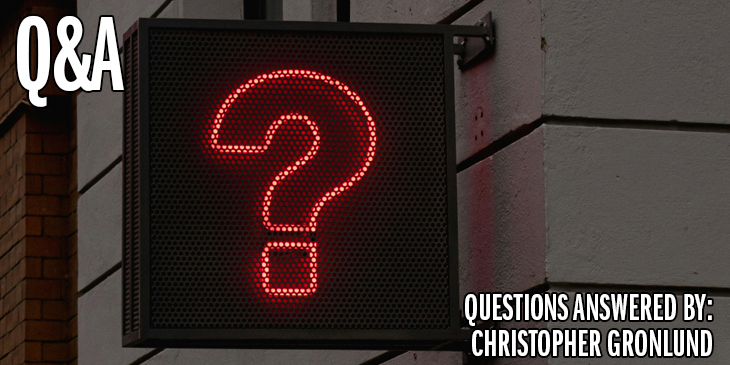
In this behind-the-scenes look at the latest Not About Lumberjacks story, “Enemy Wanted,” I talk about the first writing I was ever paid to do, collaboration, and how I’m lucky to have support from creative friends I’ve known for decades.
As always, this commentary contains spoilers from the latest episode, so you might want to listen to that first.
Podcast: Play in new window | Download
Subscribe: RSS




